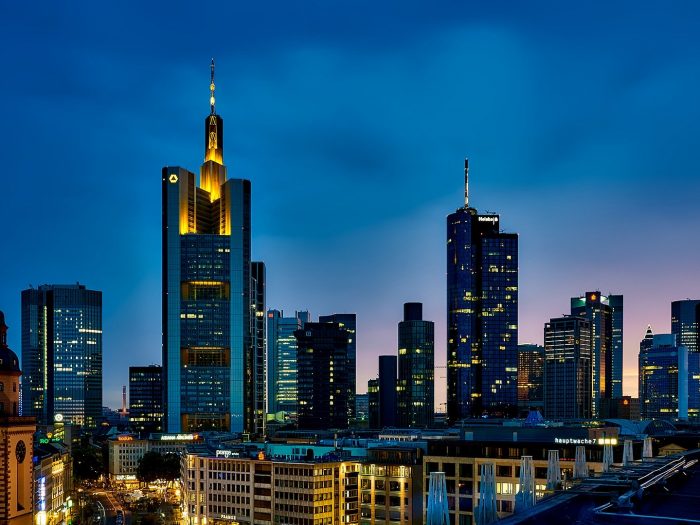With the new challenges COVID-19 has brought and the “new normality” we have accepted, a lot of things had to change. But adjusting to the new ways of living and the restrictions to travel does not mean that we have to forget completely about relocating abroad. If you have to relocate to Germany, here are the 8 things you need to know about the process in times of COVID-19.
In case you are living abroad
You received a job offer, signed the contract, got your visa, and were just about ready to go, when the borders and emphasis shut down. What could you possibly do?
You have a visa but it is difficult to leave your country
Follow closely the situation and check often for updates in regards to flights and border status. There are many restrictions for entering Germany, and the European Union as a whole, but they change quite often. And even with the entry restrictions, it is possible to relocate to Germany if you hold a Visa D and have a compelling reason for relocating to Germany. In this case, you should contact the German federal police force and find out about any changes, and check with the airline as well. Ask the company you are going to work for a letter clarifying the reason and urgency in regard to your relocation to Germany. And don’t forget that if you are coming from a non-EU country, once you have entered you need to spend two weeks in quarantine (unless rules have changed by the time of your relocation).
What if it is impossible to book an embassy appointment for a visa application?
All over the world a lot of the embassies are either closed or working at a limited capacity, so booking an appointment might be difficult or even impossible. In this case, you should check often the German embassy website to see if they have updated when they are going to accept applications again. In the meantime, prepare all the needed paperwork for the application, and be prepared that the application process might take longer than usual.
If you have already arrived in Germany
It is not easy to relocate away from friends and family and start a new life in a new country in these times. And with the restrictions, taking care of bureaucratic processes is even more difficult than usual. Here are the answers to some of your questions in this regard.
Can you do your city registration?
When you relocate to Germany, you need to obtain the “Anmeldung”, or city registration. You can still fo that, but keep in mind that only urgent cases are being taken care of. You can contact the office via email or phone call and find out what is the situation in your city. Before your appointment, you need to have prepared a confirmation form from your landlord and the Anmeldung form, which is different for every city so you need to Google it to find the correct one.
What if your Foreign Agency appointment is canceled or your visa expires?
Even if the Foreign Agency canceled your appointment or your visa has expired, there might be an opportunity to register online – check with the website if it is available for your city. Check regularly for updates to find how to proceed, email the required documents – such as your work permit, and wait to receive a reply from the Foreign Agency. There will probably be a lot of applications waiting to be processed so it might take a while but once you have provided the necessary documents, your visa will be valid until the appointment.
What if you came on a Jobseeker’s visa and found a new job?
To get a work permit, follow the steps listed above, and remember that you can submit the documents to the Foreign Agency only if you are registered in that city. Again, the process will take some time, so make sure that you communicate that with your employer.
What to do if you want to change your employer?
You have to inform the Foreign Agency that you are changing your job. Consult with the website to find out how they are accepting applications and send the necessary documents – most probably a scanned copy of your passport, your job contract, and a resignation letter. Then wait to receive a confirmation letter which will let you start your new job.
What to do if you have been fired from your job?
Depending on the Foreign Agency, you have 3 to 6 months to find a new job. Inform immediately the Agency about your current work status – they will ask for some documents, such as a resignation letter, recent bank statement, and proof of health insurance.
What is “Kurzarbeit”?
Businesses that are registered in Germany have the right to apply for Kurzarbeitergeld in order to be able to support themselves in case they had to reduce the working hours of their employees. You do not need to worry as Kurzarbeit will not impact your visa status.



